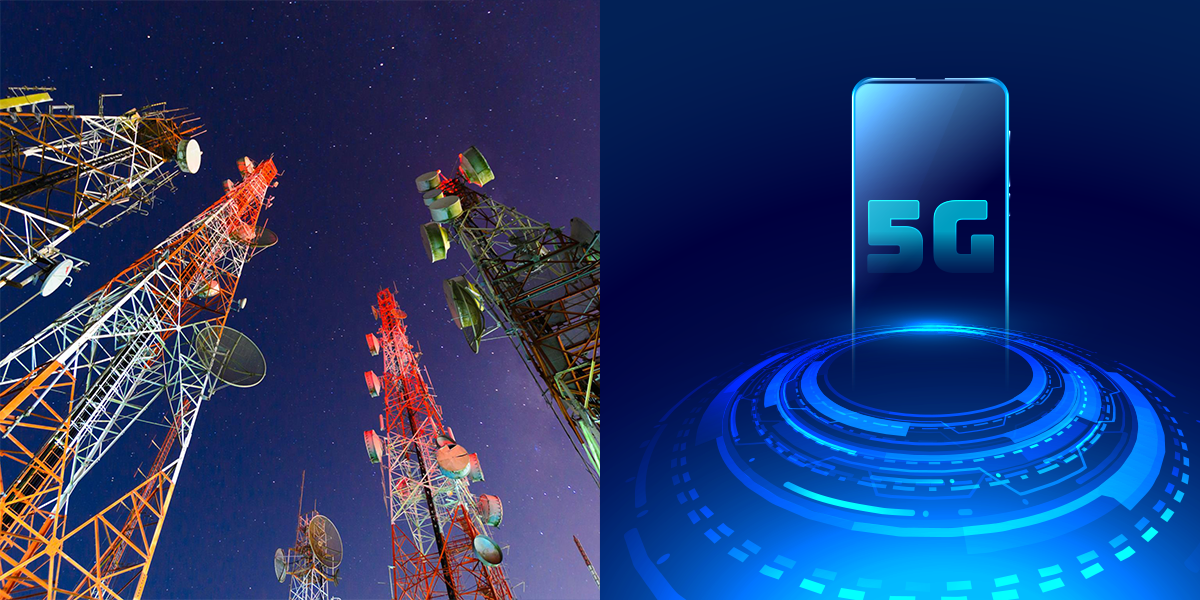The Telecom Regulatory Authority of India (TRAI) has vocally registered its disagreement with the proposition of regulating OTT (Over the Top) telecommunication services. According to recent media reports, the TRAI communicated its decision to the Department of Telecommunication recently during the draft bill consultation session.
It all started with the release of draft Indian Telecommunication Bill, 2022. As per the draft bill, the DoT has introduced the idea of extending the reach of telecommunication services in order to include OTT services.
TRAI back in 2020 had also communicated its opposition saying that OTT apps such as Whatsapp don’t require any regulatory intervention at the moment. A TRAI official at that was quoted, “We had suggested a relook at the issue may be attempted later on, especially after more clarity in international jurisdictions emerged. This was based on how the International Telecommunication Union (ITU) was studying the issue on a global scale.”
The TRAI official in 2020 revealed the ITU was yet to make any suggestion in regards to the idea of regulating the sector. Since then, the recent telecommunication bill has made such proposal.
Read More –Telecom Department Addresses Power Dilution Issue; TRAI Raises Concerns
As per media reports, TRAI had advocated an issue-based approach to policymaking for OTTs instead of bringing OTTs under the same regulatory ambit.
For example, the discussion happened on two different points of consideration; one was based on the impact of OTT services on traditional telecom service providers. While the second point on contention was the economic and security implications of such services.
According to the draft Indian Telecommunication Bill, 2022, the Department of Telecommunication recently proposed extending the scope of the term telecommunication services. The bill outlines that the word “telecommunication” should include OTT communication apps like WhatsApp, Signal and Telegram. The draft bill has also presented the concept of a license that all the OTT communication apps like Whatsapp or Telegram has to avail from the government.
In other news, the Minister of Telecommunication Ashwini Vaishnaw has clarified the Department of Telecommunication’s position. While speaking to the media, Vaishnaw reminded all concerns parities that the daft telecommunication bill 2022 is still at the drafting stage and any changes based on the suggestions made by the industry will be incorporated.
Also Read: TRAI Announces KYC Based Caller ID
The minister also said that the government is only in favour of bringing “light-touch regulations” only in order to keep the customer interest in place. The primary thought behind the proposal of introducing regulation has been to keep issues of cyber fraud in check. He also indicated that the government is planning on coming up with “a series of procedural reforms.”

“The industry has shared its inputs on the draft Indian Telecommunication Bill 2022. The Telecom Regulatory Authority of India’s concerns are being addressed,” Telecommunication Minister Ashwini Vaishnaw told the media personnel during an interaction. These were the minister’s first comments on the matter and also the first time any government authority acknowledging the regulator’s worries.
“The department has taken a careful approach, but it’s a draft anyway. And once we have a new Telecommunications Act in place, we will also come up with licensing reforms,” the minister added.
Also Read: TRAI Needs More Teeth to Punish and Enforce
As for the timeline to share inputs on the bill, the government has extended the deadline for industry to submit their comments on the proposal draft bill. It was earlier set at 20th October 2022, which now has been extended till 30th October. The decision was taken after many stakeholders from the industry expressed their stance and requested for an extension.
A Department of Telecommunication notification read, “In response to requests received from several stakeholders, the ministry has decided to extend the last date for receipt of comments till October 30.”
About the Draft Indian Telecommunication Bill 2022
The Ministry of Communications last month released a draft of the Indian Telecommunication Bill 2022 inviting comments from public and stakeholders. The bill has been introduced to replace and update the extant regulatory framework to keep pace with the ever-evolving advancements and challenges in the sector. However, the introduction of the drafts bill has invited a large number of suggestions since its introduction. Many stakeholders have suggested various changes while the industry has been visible apprehensive about the development.
Also Read: TRAI’s Concerns Over Draft Telecom Bill Provisions Said to Be Duly Addressed
The need for such a bill has been felt from long time now considering the all the main legistations of the industry are noticeably inadequate to match the pace of modern times. The three laws currently supporting the sector are the Indian Telegraph Act enacted in 1885, the Indian Wireless Telegraphy Act enacted in 1933 and the Telegraph Wires (Unlawful) Possession Act in 1950. The fact that out of all the three current legislation the latest one is no less than 70 years old demonstrates the problem itself.
In case the readers are wondering how a telecommunication bill effects OTT services, it is worth noting that the Over-the-top (OTT) communication services is basically offering real time person-to-person telecommunication services.
Some of the famous OTT communication service providers include Whatsapp, Telegram, Signal, Messenger, Duo, and Google Meet etc. These services facilitate person-to-person communication with the use of internet completely bypassing the traditional satellite network calls.
The OTT communication service providers on one hand use the network infrastructure of telecom service providers such as Airtel, Vodafone and Jio and on the hand they provide telecommunication services that hamper their business.
Telecom Service Providers (TSPs) have often complaint about the disruption this causes in their business and how OTT communication has taken a major bite into their revenue source. This is why the need to have a regulation for such telecommunication service providers has been felt for a long time now.
Also Read: Telecom Department Addresses Power Dilution Issue
